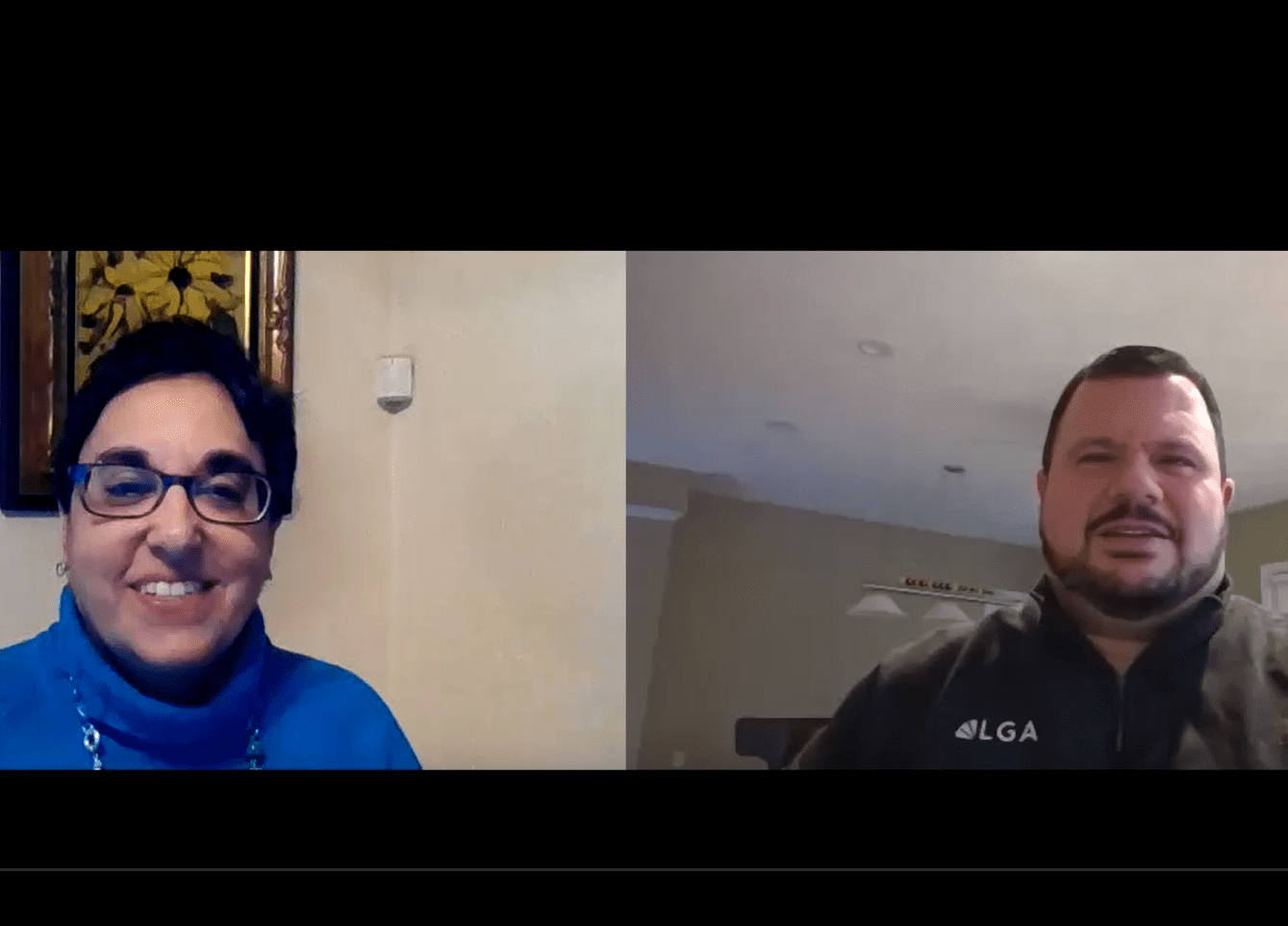
As you look forward to year-end, having updated and accurate books and records could be more important now than ever. The events of 2020 have impacted businesses in numerous ways, and with so much economic uncertainty, compounded by the uncertainty of the taxation of PPP funds, comprehensive business and tax planning is essential to ensuring you are prepared. John Geraci and Janine Danielson discuss the areas that business owners should be focusing on to best prepare for year end and the uncertain future ahead.
—
Full transcript:
[John]: Hi, this is John Geraci Managing Partner of LGA. And today I’m here with Janine Danielson who runs the firm’s, outsource management accounting practice. Hi, Janine.
[Janine]: Great to be here.
[John]: So Jeanine just wanted to talk a little bit today about the impact that 2020 has had on businesses. And especially as we roll into year end, uh, why is it more important now than ever to have those accounting records up to date?
Janine]: We’re finding basically there’s a spotlight on tax planning because of the PPP. That really has been the different driver in 2020, that in order for you to get proper tax planning, it begins with the beginning raw data of keeping your accounting system up to date and accurate.
[John]: Yeah. And I, you speak of PPP, I guess that’s because right now it’s still uncertain whether or not the PPP funds are going to be, um, if the expenses paid with those funds are going to be tax deductible, or if in fact they’re going to be disallowed, that obviously is going to have a big impact on your tax answer coming April 15th. So in order to make that determination, we need to have good information now to do planning and in all likelihood two scenarios. So that sort of spins into this cashflow concern because to the extent that worst case scenario came through and the PPP monies weren’t deductible, how do businesses get a handle on whether or not they’re going to be prepared to pay that come April?
[Janine]: Basically what those two scenarios are driving is for us to do really cashflow modeling. There’s simplistic spreadsheets and forecasts one can do, and some are more complex. It depends on the company, but that’s really a new, you know, what a new item sometimes business owners would keep the cashflow in their head and we’re finding in 2020, it’s too challenging to do that. So really cashflow modeling is what we’re seeing to really put it on paper and see what the landscape holes to be prepared.
[John]: Yeah, it makes a lot of sense. And again, these things are things that businesses should have always had, but it’s more important now than ever with all this uncertainty. And of course you talk about cashflow. The key driver in cashflow for most businesses is going to be accounts receivable. What are you seeing there?
[Janine]: Yeah, so, so, so the same thing as before that cash receipts would come in with not a lot of effort, it maybe you had a couple of delayed cash receipts coming in, but basically without a lot of effort, cash receipts was coming in. Cash flow is stable and everyone could go on their business. 2020 changed the landscape on that entirely. So we are seeing a more focused effort on AR agings and making sure that those accounts that zero to 30, 30 to 60, a quickly going into 91 and 180 and it’s time. So we are proactively calling those individuals and just having conversations where before you didn’t need to do that. And that’s the, of what we’re doing to stay ahead of those accounts, because cash is King, as they say, so you want that all to come in to the bank so that you can spend it and be prepared.
[John]: Yeah. And again, it’s just, it’s always been a best practice, but obviously a behavior that’s become more important, uh, and hopefully a new habit that we develop moving forward. And it’s not just only because of the pandemic we’re all dealing with. So I guess lessons learned as you fast forward into 2021, what are some things that have been nice to haves in the past that are really transitioning into must haves for businesses who are looking not only to survive but thrive,
[Janine]: Correct. Yes. And again, these two I’m going to mention are not new, but again, people are enhancing is really dashboards and budgets. We are working on clients trying to develop a budget, and I understand that budgets that were done last year didn’t have anything to reality of looking at this year, but budgets are very, very key to compare because you have real time data and you can pivot very quickly when to tighten your belt what to do. So you still making very, very good decisions with the budget to actual reports and KPIs has always been a best practice. But again, now it’s critical because it’s really real time data. It’s really real time data to make those decisions. And we’re finding people and making short-term decisions based on what everyone is experiencing nowadays.
[John]: Yeah. So I think what you’re speaking of is we’re really transitioning from sort of that historical perspective, which the budget to actual gives you a little bit of that. And as you transition into the world of dashboards and KPIs, it’s really about forward looking. And the cool part about developing KPIs is it really forces you to examine your business through a different set of lenses so that you’re using both operational and financial data to come up with some of those metrics that you’re going to measure. And that way, when something doesn’t meet expectations, you already know what drivers are impacting that and where you might have to make some adjustments in order to remain profitable. So right. Point and again, you said nothing new, but as we transition into 21, these are things that people just need to start making sure that they have in place so that they’re always prepared. So very helpful. You need a good overview, sort of the crazier, the, to add, to enter 2021, a little more prepared. So as always, LJ is here for you. If you have any questions or if Janine’s team can help you with anything, establishing budgets, tightening up year, end reporting, please reach out to us. You know, we’re always here to help. Thank you, Janine.
[Janine]: Thank you, John.
With John Geraci, CPA, MST and Janine Danielson, CPA





